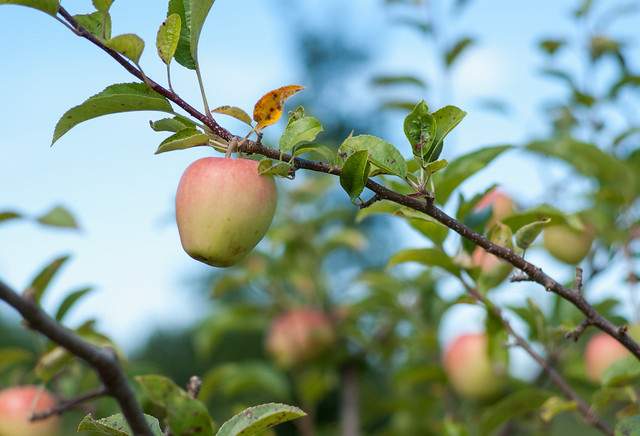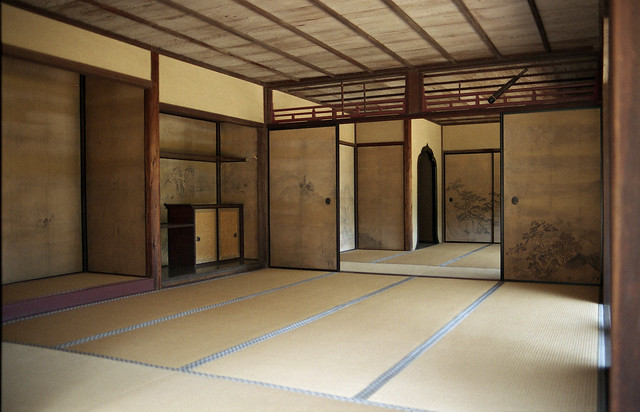A friend asked me to look into the origins of the saying An acorn doesn’t fall far from the tree. I can only find a few examples of this saying online, but lots of examples of the apple never falls far from the tree and similar sayings. It refers to the idea that people inevitably share traits with or resemble their parents or family.
According to The Phrase Finder, the origins of this saying are uncertain. The earliest known example of its use in English appears in 1830 in Benjamin Thorpe’s translation of Rasmus Rask’s Grammar of the Anglo-Saxon Tongue:
Traces still exist in the daily language of the Icelanders, for instance in the proverb, eplit fellr ekki lánt frá eikinni the apple falls not far from the tree (the oak!).
In a letter by Ralph Waldo Emerson published in 1839, he quotes the German proverb ‘der Apfel fällt nicht weit von Stamm’ – “As men say the apple never falls far from the stem.”
In 1843, The Bible in Spain by George Henry Borrow includes the line:
“The apple”, as the Danes say, “had not fallen far from the tree;” the imp was in every respect the counterpart of the father, though in miniature.
According to English Language & Usage, a Welsh version of this saying appears in A Dictionary of the Welsh Language, Explained in English:
Ni fell zygwyz aval o avall
The apple will not fall far from the tree
The spelling here is unusal and non-standard: z = dd and v = f, so in modern standard spelling it would be “Ni fell ddygwydd afal o afall”, I think.
There are also versions of this saying from Turkish – Iemisch agatsdan irak dushmas (The apple does not fall far from the tree), and Old English – Se æppel næfre þæs feorr ne trenddeð he cyð hwanon he com. (The apple never rolls so far that it does not make known whence it came.)
I also found an idiom with a similar meaning in Japanese: 狐の子は頬白 (kitsune no ko wa tsurajiro), which means “fox cubs have white cheeks” [source].
Do you know of examples of this saying in other languages?











